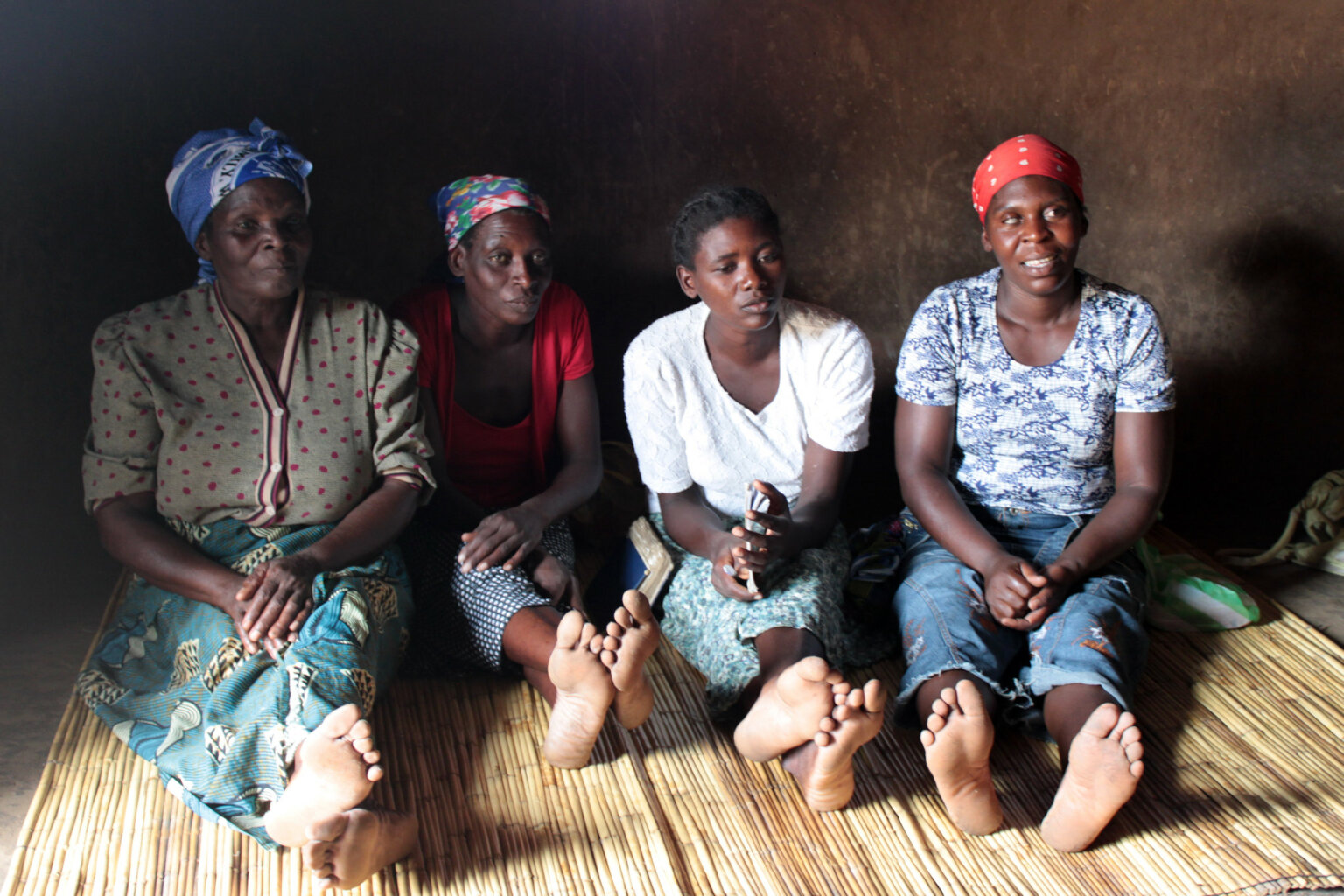- About
- Topics
- Picks
- Audio
- Story
- In-Depth
- Opinion
- News
- Donate
- Signup for our newsletterOur Editors' Best Picks.Send
Read, Debate: Engage.
| September 04, 2021 | |
|---|---|
| topic: | Health and Sanitation |
| tags: | #India, #Africa, #China, #COVID vaccine, #health, #diplomacy |
| located: | India, China, South Africa, Kenya, Morocco |
| by: | Bob Koigi |
Over a year into the world’s most devastating health crisis, and as developed nations advance vaccine nationalism at the expense of hundreds of low income countries (the majority of which are in Africa), India, recognised as the world’s pharmacy, is changing tact by dedicating its medical supplies to the African continent either as gifts or at subsidised rates.
Beyond the gesture, analysts predict that this health diplomacy is a strategy used by India to grow its toehold on the continent, arguing that the COVID-19 pandemic has given it a perfect opportunity to do so.
Indo-Africa relations date back to the colonial era when the two regions were fighting against their oppression by colonial rulers.
When India attained independence, it became vocal at the United Nations in pushing for the decolonisation of Africa. Even as it struggled to build itself after colonialism, India shared its little resources with Africa through South to South cooperation.
India was also actively involved in supporting South Africans’ fight against apartheid
That cooperation has been cultivated over the decades, which has seen India’s total trade with Africa rise from $6 billion in 2003 to $76.9 billion in 2018. India is currently Africa’s third largest trading partner, making investments in ICT, agriculture, peacekeeping and manufacturing, among others.
India now boasts of a substantial diaspora population in the African continent, which has made marked economic and humanitarian contributions.
“India knows that it has a strategic standpoint in its relations with Africa. Unlike the Western nations that have the burden of colonialism and China that has been accused of advancing debt trap diplomacy, [India] has had cordial relations with the continent,” said Gerald Makau, an International relations expert. “Health diplomacy therefore gives [India] a perfect chance to advance its agenda in Africa.”
In healthcare, India is now among the top global players, manufacturing 60 percent of the world’s vaccines and producing low-cost generic drugs, which it can do due to the low manufacturing costs within its borders. India has thus made its products affordable, at times costing a fraction of what the Western pharmaceuticals charge.
An estimated 20 percent of the pharmaceutical exports from India, at a value of $17 billion, go to Africa. This includes antiretroviral (ARV) drugs.
India has also cemented partnerships in health centers with top medical providers that work with their African peers through training, capacity building and opening specialty health centers across Africa.
The affordable healthcare system has also seen millions of Africans access Indian hospitals to receive treatment for various diseases, including cancer and heart illnesses.
The pandemic has, however, given India a powerful pedestal through which to expand its power and influence in Africa as it looks to dilute the growing Chinese influence.
India was one of the first nations to send medicine, essential supplies and food to Africa after the pandemic hit. At the beginning of this year, India unveiled the Vaccine Maitri, a campaign offering made-in-India vaccines to developing countries, including in Africa.
Over three dozen African nations, among them South Africa, Morocco and Kenya, have either received vaccines as gifts or as supplies at subsidised rates at a time when vaccine nationalism and hoarding of vaccines by developed countries are defeating global efforts to tackle the pandemic.
Through the Serum Institute of India, the world’s largest vaccine manufacturer by volumes, India has been producing the Covishield vaccine - an adapted variety of the British vaccine developed by Oxford University and AstraZeneca, which has seen the country go on an aggressive vaccine equity offensive.
Under the COVID-19 Vaccines Global Access, COVAX, a global initiative to ensure equitable access to vaccines, India inked a deal last year to have the Serum Institute produce 1 billion of the CoviShield vaccine. Half of the doses are due for distribution in middle and low-income countries.
As part of the deal, India agreed to charge only for production costs. And while that drive has faced headwinds, with India restricting exports as it battles a surge of COVID-19 cases in the country, it says it remains committed to its earlier vaccine equity plan.
“The aggressive health and vaccine diplomacy is happening at a time when India has been keen to get a permanent seat at the UN Security Council,” said Makkau.
“It recently got the non-permanent seat. That, and the fact that it is hosting the G20 summit in 2023 means that it is positioning itself by making a statement that it deserves to be recognised for being an active player at a time of global emergency,” he added.
Makau further argues that India’s latest diplomacy effort is passing a message to China following the recent geopolitical tensions, signaling that it is a powerful force on the global stage.
Image by: Satheesh Sankaran
By copying the embed code below, you agree to adhere to our republishing guidelines.

